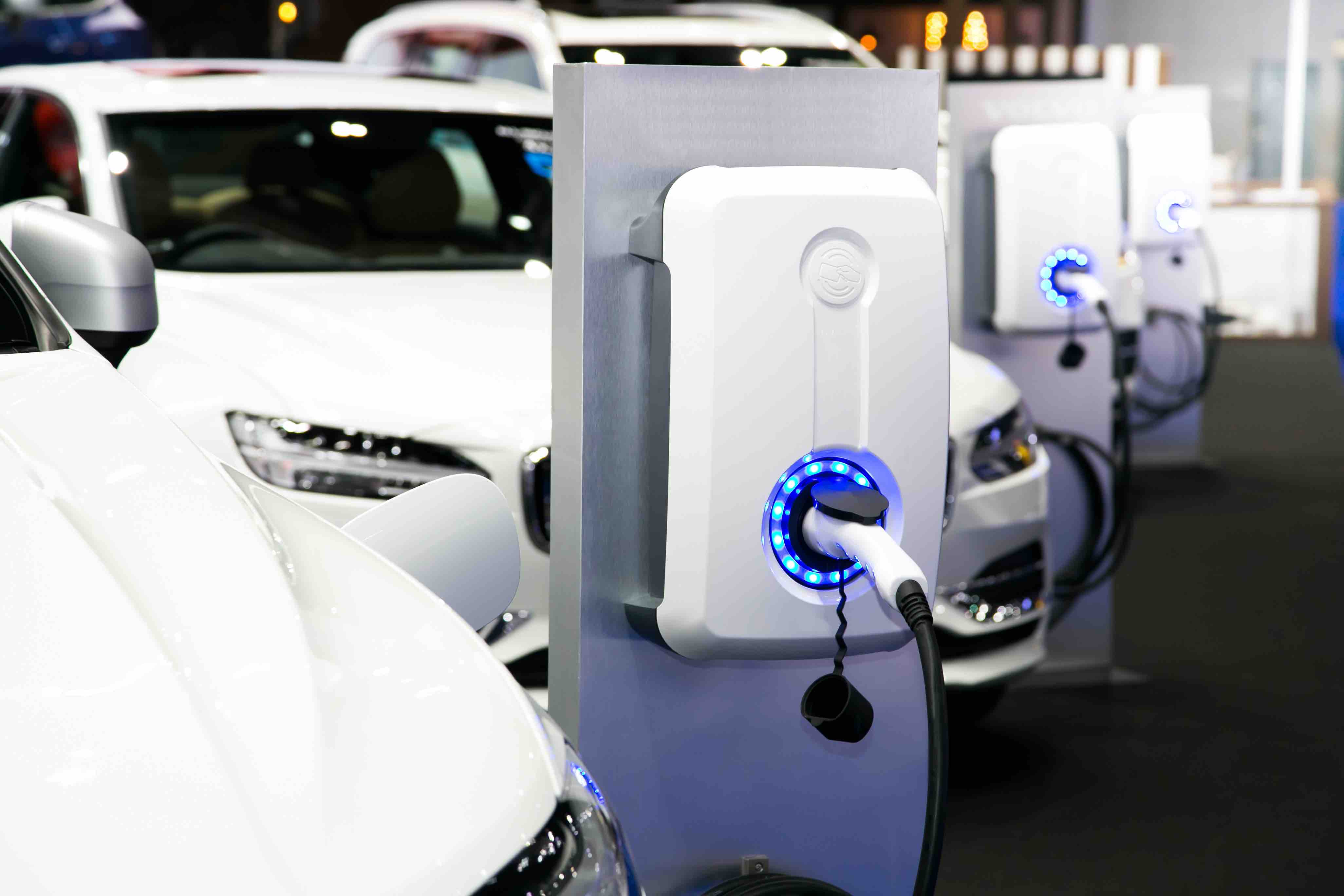
Batteries are ubiquitous in our modern world, powering everything from small devices to electric vehicles. While we often take them for granted, batteries play a crucial role in our daily lives. In this article, we’ll delve into 15 fascinating facts about batteries, uncovering the science behind their operation and their impact on society.
Ancient Origins
Did you know that the concept of batteries dates back over 2,000 years? The ancient Parthians are believed to have used clay jars, known as the Baghdad Battery, filled with vinegar or lemon juice and an iron rod to create a basic electrical current.
Alessandro Volta and the Voltaic Pile
The modern battery owes its existence to Italian physicist Alessandro Volta, who invented the voltaic pile in 1800. This early form of battery consisted of alternating layers of zinc and copper discs separated by cardboard soaked in saltwater, producing a steady flow of electricity.
The Birth of the Alkaline Battery
In the 1950s, Lewis Urry developed the alkaline battery, revolutionizing portable power. Alkaline batteries offer higher energy density, longer shelf life, and better performance in cold conditions compared to their predecessors, making them a staple in household devices.
Battery Capacity

Battery capacity is measured in milliampere-hours (mAh) or ampere-hours (Ah). It represents the amount of charge a battery can deliver over time. The higher the capacity, the longer the battery will last before needing to be recharged.
Primary vs. Secondary Batteries
Batteries can be categorized into two main types: primary and secondary. Primary batteries are non-rechargeable and are designed for single-use applications, while secondary batteries, also known as rechargeable batteries, can be reused by recharging them multiple times.
Lithium-Ion Revolution
Lithium-ion batteries have become the gold standard for rechargeable power. Their high energy density, lightweight design, and lack of memory effect have made them essential in portable electronics and electric vehicles.
The Memory Effect Myth
Contrary to popular belief, modern rechargeable batteries, including lithium-ion batteries, do not suffer from the memory effect. This phenomenon, observed in older nickel-cadmium (NiCd) batteries, caused a decrease in capacity if they were not fully discharged before recharging.
Environmental Impact
Batteries contain chemicals that can be harmful to the environment if not disposed of properly. Recycling batteries helps recover valuable materials like lead, lithium, and nickel while reducing the risk of pollution.
Battery Recycling Efforts
Many countries have implemented battery recycling programs to reduce waste and promote environmental sustainability. These programs ensure that batteries are safely collected, processed, and recycled to minimize their impact on the environment.
Battery Innovations: Solid-State Batteries
Researchers are actively exploring new battery technologies, including solid-state batteries. These batteries use solid electrolytes instead of liquid ones, offering potential benefits such as improved safety, higher energy density, and faster charging times.
Impact on Electric Vehicles

The development of high-capacity batteries has fueled the rise of electric vehicles (EVs). Advanced lithium-ion batteries enable EVs to travel longer distances on a single charge, contributing to the transition towards greener transportation.
Battery Life Extenders
To maximize battery life, it’s important to avoid extreme temperatures and prevent overcharging or deep discharging. Following manufacturer guidelines and using battery life extender features, when available, can help prolong the lifespan of rechargeable batteries.
Battery Safety Precautions
While batteries are generally safe, certain precautions should be taken to minimize risks. Avoid exposing batteries to heat, puncturing them, or attempting to recharge non-rechargeable batteries. Proper storage and handling can prevent accidents and ensure optimal performance.
Energy Density Advancements
Battery technology continues to advance, with researchers striving to increase energy density—the amount of energy stored per unit of weight or volume. Higher energy density batteries could lead to longer-lasting devices and more efficient renewable energy storage.
The Future of Batteries
As our energy needs evolve, so does battery technology. Innovations like solid-state batteries, flow batteries, and even organic-based batteries show promise for the future, offering improved performance, sustainability, and scalability.
Conclusion
Batteries are the unsung heroes powering our modern world. From ancient clay jars to advanced lithium-ion cells, batteries have come a long way, enabling portable electronics, electric vehicles, and renewable energy storage. As technology progresses, so will the capabilities of batteries, shaping a more sustainable and connected future.
Frequently Asked Questions (FAQs)
Are all batteries recyclable?
While many batteries can be recycled, not all recycling facilities accept every type. Check with your local recycling center for guidelines on which batteries they accept.
Can I overcharge my rechargeable batteries?
Overcharging rechargeable batteries can lead to reduced performance and even damage. Follow the manufacturer’s recommendations and use chargers equipped with overcharge protection.
Are alkaline batteries harmful to the environment?
Alkaline batteries, when disposed of in regular waste, can release harmful chemicals into the environment. It’s best to recycle them through designated battery recycling programs.
Can batteries explode?
While rare, certain conditions like extreme heat, physical damage, or incorrect usage can cause batteries to leak, rupture, or even explode. Proper handling and storage reduce these risks.
How long do rechargeable batteries last?
The lifespan of rechargeable batteries varies depending on factors such as usage, charging habits, and battery type. Generally, they can be recharged hundreds of times before their capacity significantly decreases.
Was this page helpful?
Our commitment to delivering trustworthy and engaging content is at the heart of what we do. Each fact on our site is contributed by real users like you, bringing a wealth of diverse insights and information. To ensure the highest standards of accuracy and reliability, our dedicated editors meticulously review each submission. This process guarantees that the facts we share are not only fascinating but also credible. Trust in our commitment to quality and authenticity as you explore and learn with us.
